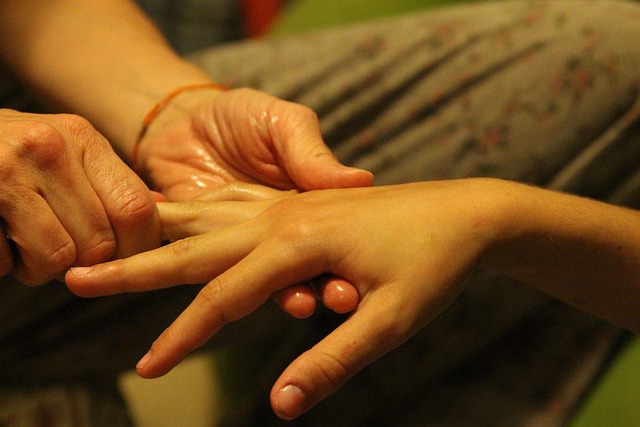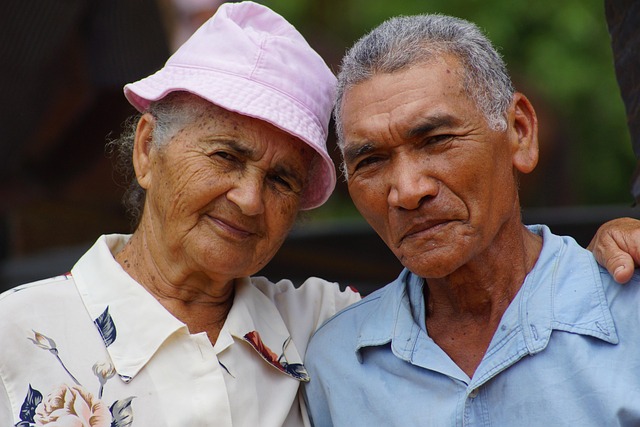Grandparent Legal Assistance in Oregon offers tailored services to protect grandparent-grandchild relationships through complex family law navigation, addressing custody, visitation, and guardianship. Understanding legal support in Oregon is key for grandparents seeking justice, with eligibility criteria based on income, family size, and parental status. Non-profit organizations, legal clinics, and pro bono programs provide affordable or free services, ensuring all Oregonians have access to representation. Empowered by these resources, grandparents can make informed decisions regarding their rights and responsibilities under Oregon law, positively impacting their grandchildren's futures.
In Oregon, grandparent legal assistance programs offer crucial support for families navigating complex legal issues. This comprehensive guide aims to demystify available resources for Oregonians seeking legal aid. From understanding eligibility criteria and exploring types of assistance to highlighting the role of non-profit organizations and steps to accessing services, this article equips grandparents with knowledge. By addressing common legal challenges faced by grandparents, it empowers them to advocate for their rights and make informed decisions regarding family matters in Oregon.
- What is Grandparent Legal Assistance?
- Understanding Eligibility Criteria in Oregon
- Types of Legal Aid Available for Grandparents
- The Role of Non-Profit Organizations and Legal Clinics
- Steps to Accessing Legal Support Services
- Common Issues Faced by Grandparents: A Legal Perspective
What is Grandparent Legal Assistance?

In Oregon, Grandparent Legal Assistance refers to a range of legal services specifically designed to help grandparents navigate complex family law issues. This assistance is crucial for grandparents who may be facing challenges related to custody, visitation rights, or even grandparent adoption processes. Understanding legal support in Oregon is essential, as it ensures that these vital relationships between grandparents and their grandchildren are protected and upheld.
Grandparent Legal Assistance provides guidance and representation tailored to the unique needs of grandparents. It includes helping them understand their rights, obligations, and options within the legal system. This assistance can be invaluable for seniors who might not have previously been involved in family law matters or who face financial constraints that make navigating the legal process challenging.
Understanding Eligibility Criteria in Oregon

In Oregon, understanding eligibility criteria for legal support is a crucial first step for grandparents seeking assistance with family matters. The state offers various programs designed to aid individuals and families, but it’s essential to meet specific requirements. These criteria often consider factors such as income, family size, and whether the grandparent has an established parental relationship with the child in question. By thoroughly understanding these guidelines, grandparents can navigate the system more effectively and determine their eligibility for legal support services tailored to their unique circumstances.
Oregon’s approach to legal assistance aims to provide equal access to justice, ensuring that all residents, including grandparents, have a chance to protect their rights and interests. This means that while eligibility is based on established criteria, the state strives to offer help where possible, especially in cases where family dynamics may create complex situations. Therefore, it’s beneficial for grandparents to inquire about specific programs and explore their options when seeking understanding legal support in Oregon.
Types of Legal Aid Available for Grandparents

In Oregon, grandparents seeking understanding legal support have several options available. Legal aid organizations cater specifically to low-income families and often offer services tailored for grandparent situations, including custody battles, visitation rights, and guardianship arrangements. These services can range from free consultations to full representation in court, providing a vital safety net for those who cannot afford private attorneys.
Beyond legal aid organizations, there are also pro bono programs where lawyers volunteer their time to assist individuals with limited resources. Some legal services may be available through local bar associations or community law centers. Understanding legal support in Oregon is crucial for grandparents navigating complex family law issues. These resources ensure that all parties have access to representation and a fair chance at resolving their cases effectively.
The Role of Non-Profit Organizations and Legal Clinics

In Oregon, non-profit organizations and legal clinics play a crucial role in providing understanding legal support to residents, especially those who may not afford private legal services. These entities offer a range of services tailored to meet the diverse needs of the community, from family law matters to elder care issues. By partnering with local bar associations and volunteers, they ensure that everyone has access to basic legal advice and representation.
Many non-profits focus on serving underserved populations, including low-income families, veterans, and seniors. They often provide free or low-cost workshops, webinars, and in-person clinics to educate the public about their rights and available resources. This proactive approach helps prevent legal problems from escalating and empowers Oregonians with the knowledge necessary to navigate complex legal systems effectively.
Steps to Accessing Legal Support Services

Accessing legal support in Oregon is a straightforward process, designed to ensure that residents, including grandparents, can navigate their rights and responsibilities effectively. The first step involves identifying the nature of your legal need—whether it’s related to guardianship, adoption, or any other family law matter. Once you have a clear understanding of your situation, you can begin searching for suitable legal support services in Oregon.
Oregon offers various options, including public legal aid programs, non-profit organizations, and private attorneys. Public legal aid is typically available for low-income individuals and families, with specific criteria to qualify. Non-profit legal services organizations cater to a broader range of residents, often providing affordable rates or sliding fee scales based on income. Additionally, many bars in Oregon have pro bono (free) legal services programs that can be accessed through referral networks. Understanding these options will help you make an informed decision when seeking legal support for your grandparent’s needs.
Common Issues Faced by Grandparents: A Legal Perspective

Grandparents in Oregon often face unique and complex legal challenges when it comes to caring for their grandchildren. Understanding legal support is crucial in navigating these issues effectively. Common problems include custody disputes, parental rights, and grandparent visitation rights, which can be intricate and emotionally charged matters. Legal assistance can help clarify these rights and obligations, ensuring that grandparents are fully informed about their options and responsibilities under Oregon law.
Grandparent legal assistance in Oregon provides a vital support system, especially when dealing with family court proceedings or drafting legal documents related to guardianship and custody. Many grandparents may not be aware of the specific laws and regulations that apply to their situation, making it beneficial to consult with professionals who can offer tailored guidance. This is particularly important as these issues can significantly impact the well-being and future of grandchildren, necessitating a comprehensive understanding of legal rights and procedures.














